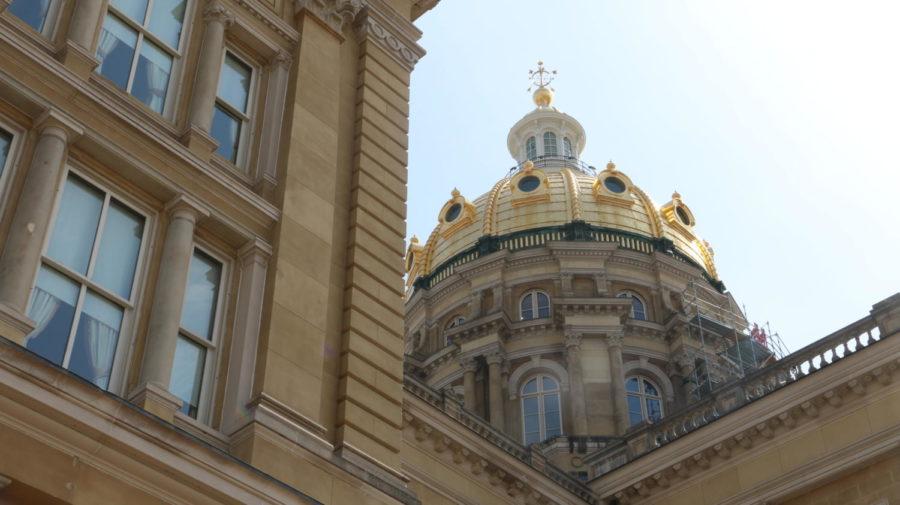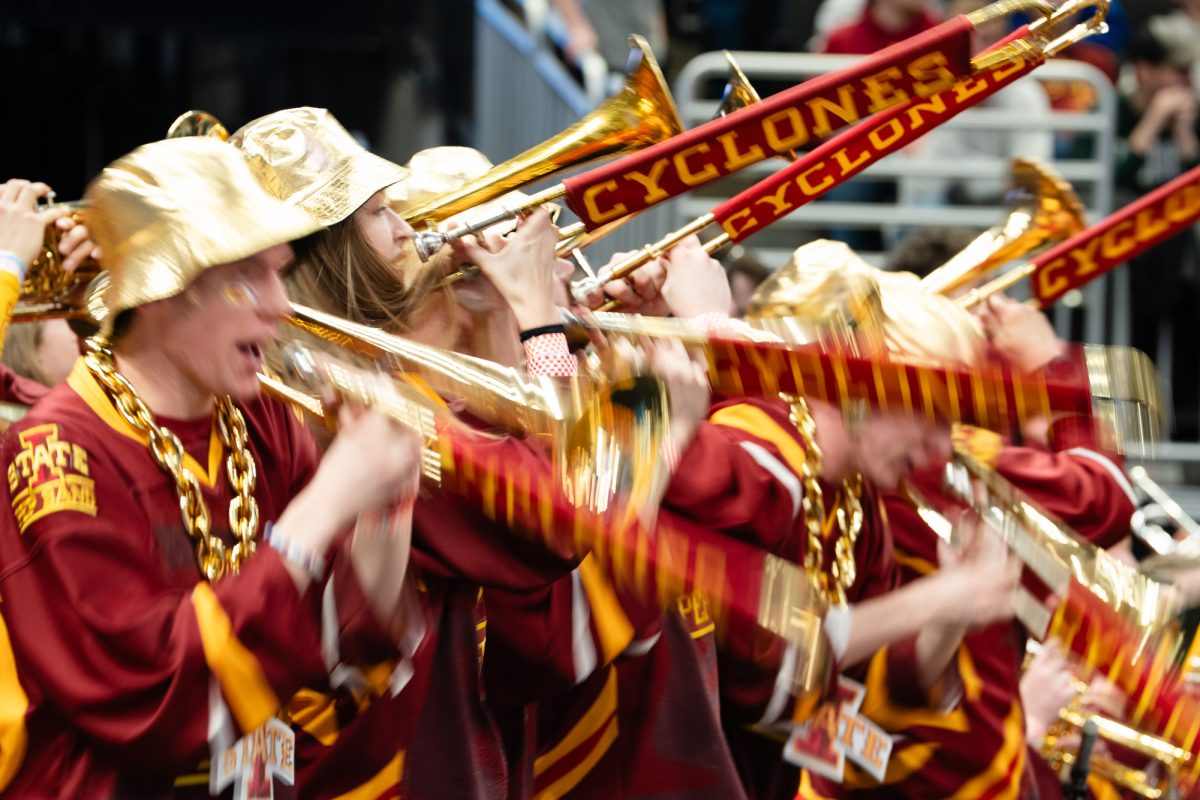- App Content
- App Content / News
- News
- News / Politics And Administration
- News / Politics And Administration / City
Iowa Legislature approves $2.1 billion tax overhaul; ending 2018 session
May 6, 2018
The Iowa Legislature passed changes to its tax system on Saturday, May 6, marking the final legislative goal of the session.
The Legislature was supposed to adjourn on April 17 based on the Legislative schedule that is decided at the beginning of the session, but a myriad of unfinished business forced the Republican controlled House and Senate to either continue without pay or fail to meet the goals set.
This was evident as Legislators within the Republican caucus stated they would not vote on tax reform until issues like abortion had been discussed.
A key issue for Republicans, taxes, was decided last.
The bill, HF 2489, would cut 2 billion in Iowa taxes over the next six years in what Republicans are calling a “once-in-a-generation opportunity.”
Republicans are seeing this as a monumental victory.
“Republicans led on tax reform in 2018,” Governor Kate Reynolds said. “Hard-working, middle-class Iowa families, farmers, small-business owners and workers get meaningful relief, all while Iowa’s budget priorities in future years are protected.”
Democrats, however, see this as an irresponsible move forward as recent years have been marked with budget uncertainty and subsequent mid-year cuts.
Sen. Matt McCoy, D-Des Moines, said that the tax cuts are putting Iowa “on a bobsled to bankruptcy.”
The overall reduction in revenues would increase over time, to be as follows:
-
2019: $100.2 million
-
2020: $261.7 million
-
2021: $328.5 million
-
2022: $390.5 million
-
2023: $437.5 million if revenue projections are met
-
2024: $642.6 million If revenue projections are met
Opponents of the tax cuts cited other areas in the state budget, such as education, health care, public safety and natural resources, where they argued these revenue reductions would put them past an already critical point.
“The bill would result in a loss of income tax revenue to the state of more than $400 million a year – revenue the state needs for these programs,” said Sen. Rob Hogg, D-Cedar Rapids. “this tax bill will make the problem of budget cuts even worse.”
More specifically, Hogg is referring to the lower than expected revenue predictions that have caused mid-year cuts to education and other public services each year for the last three years.
Within the tax bill, however, there are added measures to safeguard and protect against scenarios where state revenues fall short.
If budget numbers are lower than expected by 2023 or 2024, then taxes will not be lessened to the same extent.
Additionally, the bill would reduce the number of tax brackets from nine to four if state revenue goals and projections stay on track by 2023.
According to the Iowa Department of Revenue, This would translate to the upper bracket seeing an average of $25,000 in annual savings and the lowest bracket seeing an average annual savings of $18.
Democrats say this would overwhelmingly help the richest in Iowa.
“This bill is cutting income taxes for millionaires at the expense of ordinary Iowans,” said Sen. Hogg.
According to the Department of Revenue, 13 percent, or $58 million, of the tax savings by 2021 will go to the nearly two-thirds of the state making less than $60,000 a year. Alternatively, the top 2.5 percent of earners will receive almost half of the benefits by 2021 or $206 million.
The beginning of the 2021 tax year also marks the immediate change from a 12 percent corporate tax rate to a 9.8 percent rate.
Republicans like Sen. Jim Carlin of Sioux City said that this will mean workers coming back to the state. With a better business climate and better opportunities, he said, the poverty rate will be lowered.
The tax reform bill has additional provisions in it to increase sales taxes on digital goods like Netflix subscriptions, Uber rides and online shopping.
This provision is set to begin by 2019 and bring in an estimated $66.8 million within the first year according to the nonpartisan Legislative Services Agency.
Democrats argued that this increase could offset the income tax savings of lower income people in the state to the point where they actually see their taxes increase.
One Iowa Fiscal Partnership analysis estimated that a person earning less than $25,000 a year would likely see a $16 increase in their sales taxes under the plan.
The tax plan would also remove a tax deduction that is unique to a few states including Iowa. The federal deductibility tax deduction currently allows people in the state to deduct what they pay from their federal income tax from their state taxes.
The Department of Revenue says that this deduction amounts to $575 million annually; it won’t be eliminated until 2023.
The bill passed the House and Senate on party line votes with all Republicans in favor and all Democrats against it. The one independent, Sen David Johnson of Ocheyedan, voted no.
Through a “rare procedure” Hogg says the Legislature was unable to hear Democratic amendments to the tax bill.
“Iowa Senate Republicans acknowledged tonight they are using a rare procedure Saturday that will prevent Democratic amendments to their tax bill,” said Hogg in a statement on his Facebook page. “The Iowa House Republicans are using the same tactic in the House. This is an unfair procedure for an unfair tax proposal.”
As Gov. Reynolds signs the tax reforms into law, the legislative session will conclude until next January when there will be a newly elected general assembly and Governor.







